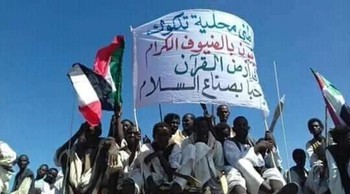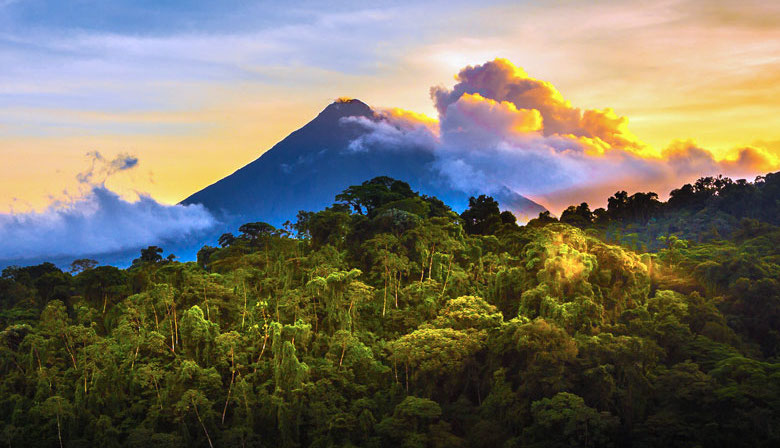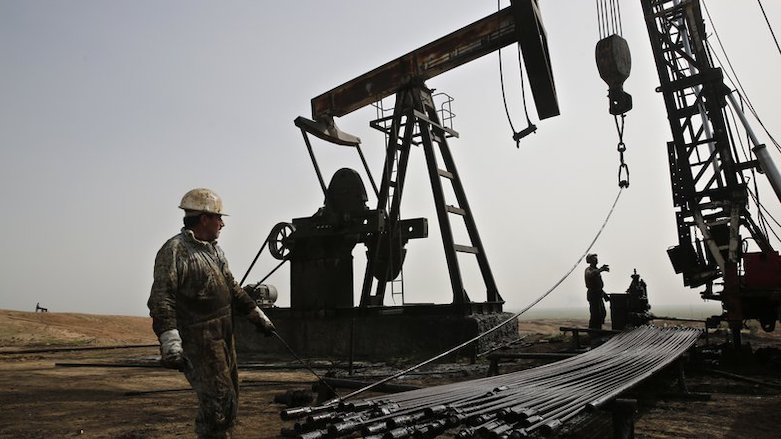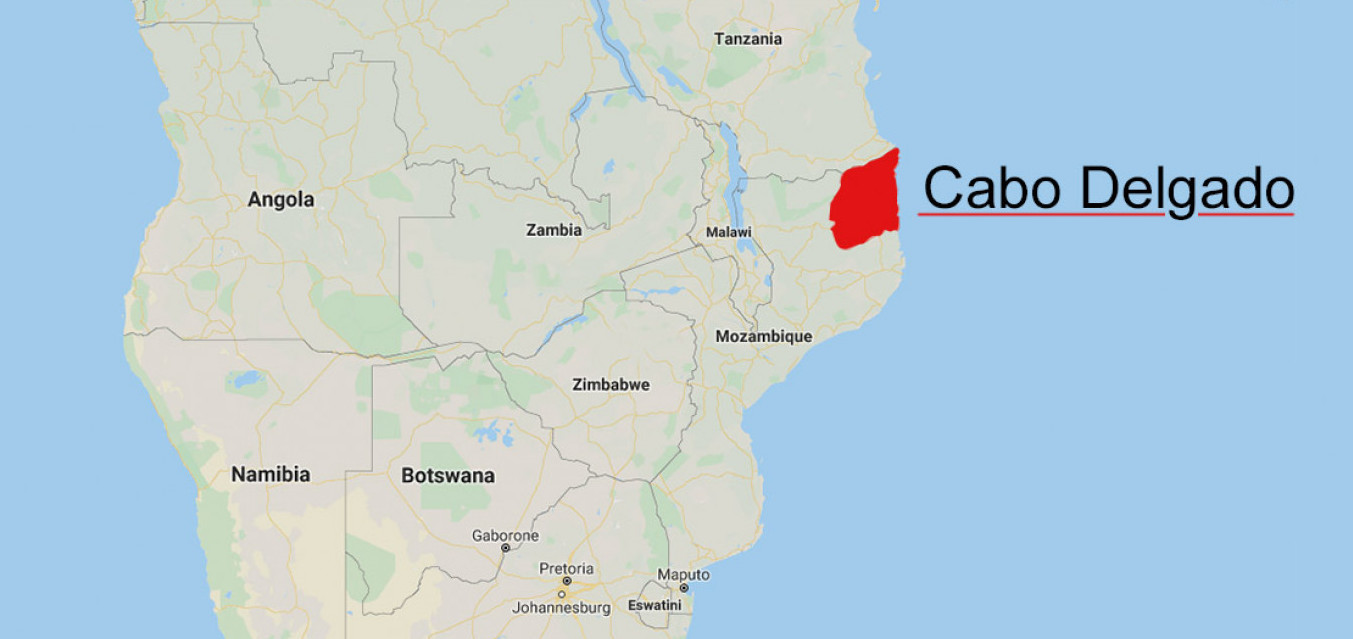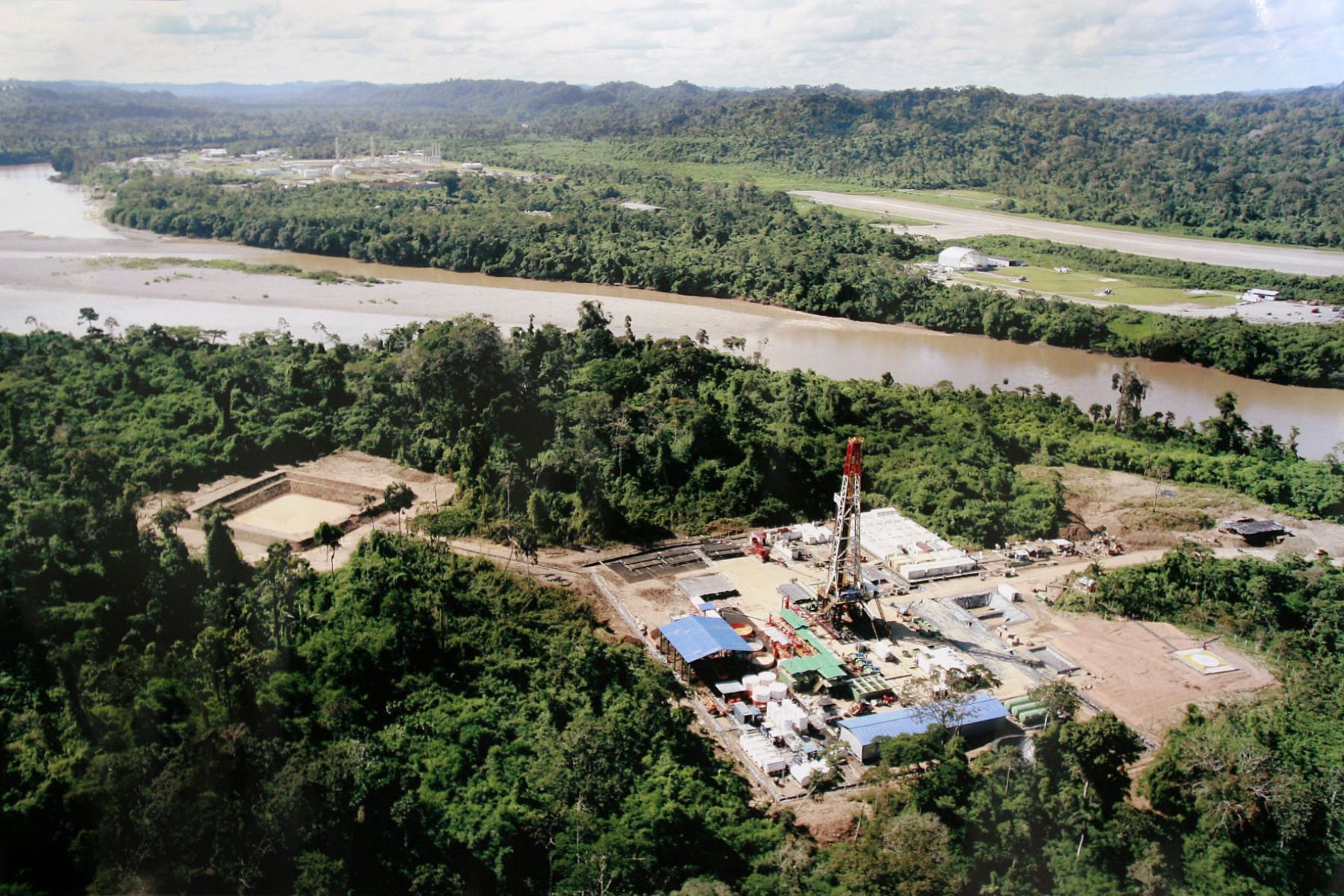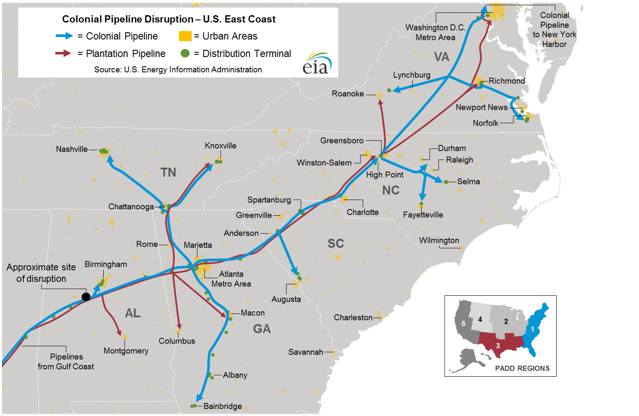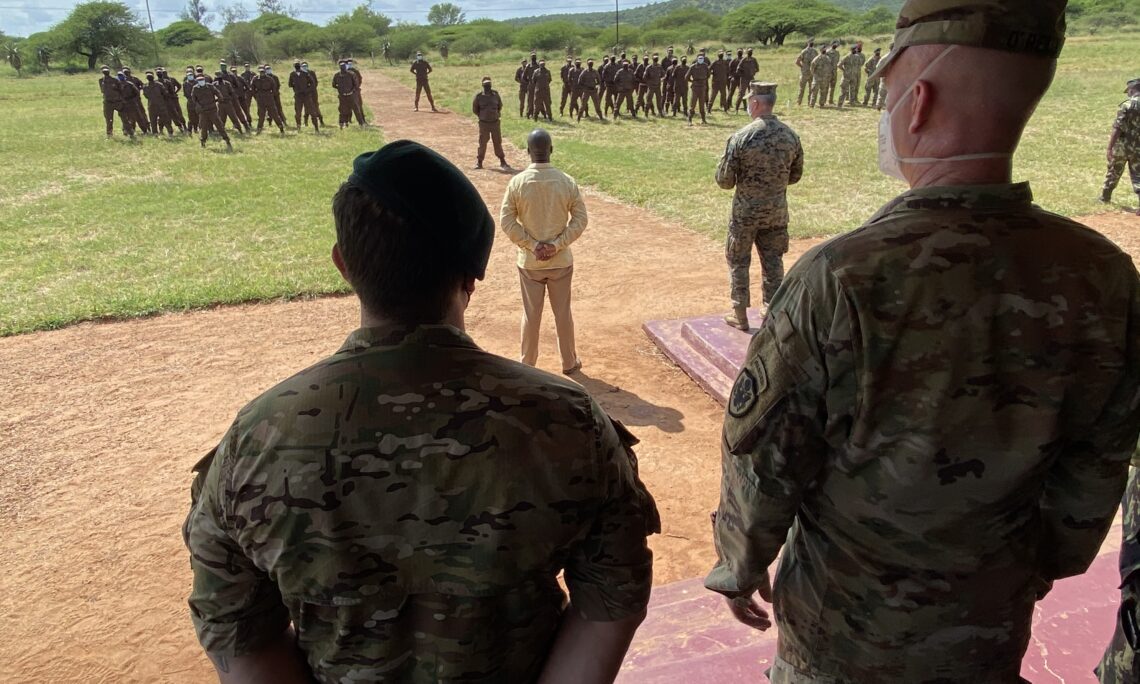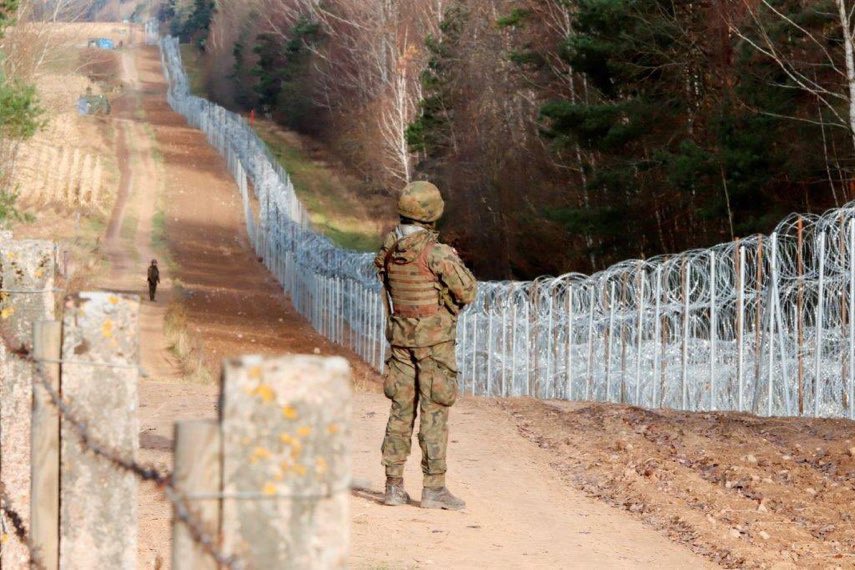
Escalation on the EU’s eastern frontier
Tensions on the European Union’s eastern border escalated sharply as Polish border guards repulsed a wave of some 4,000 asylum seekers and migrants seeking to cross from Belarus. Poland has mobilized 15,000 soldiers to the region to prevent people from crossing, and Belarusian security forces are not allowing the migrants to turn back. The migrants are sleeping rough as temperatures plunge below freezing; a 14-year-old boy froze to death, becoming at least the eleventh person to have died attempting to cross the border. There are fears the situation could result in a military confrontation. (Photo: Visegrad24)



